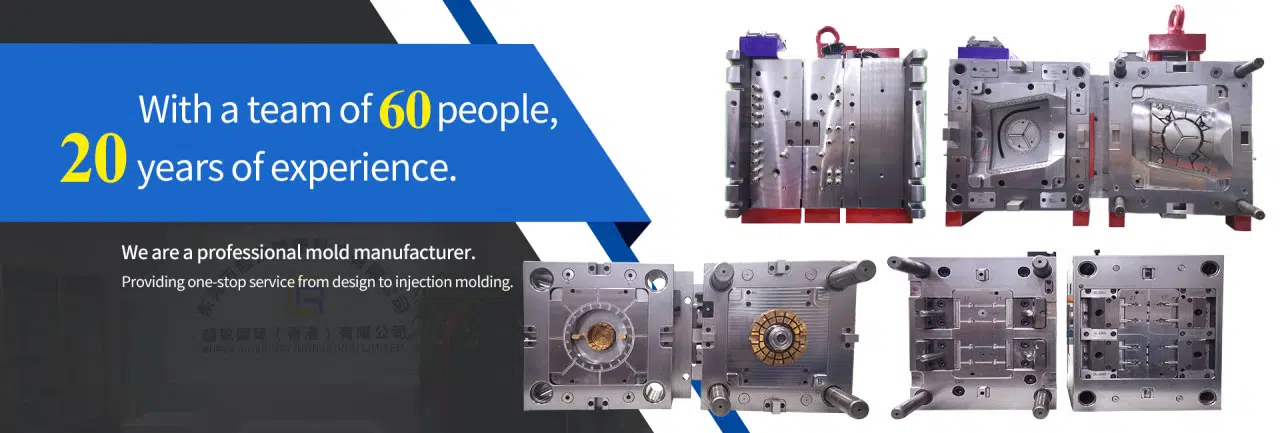
html
Keyword: Tooling & Industrial Design
Industrial Tooling and Design Innovations for Modern Manufacturing
The manufacturing industry is undergoing a rapid transformation, driven by advancements in tooling and industrial design. As production demands grow more complex, innovative solutions are emerging to enhance efficiency, precision, and sustainability. This article explores the latest trends in industrial tooling and design that are shaping the future of modern manufacturing.
The Role of Advanced Tooling in Manufacturing
Modern manufacturing relies heavily on cutting-edge tooling solutions to meet high-precision requirements. From CNC machining to additive manufacturing, tooling technologies are evolving to reduce waste, improve accuracy, and shorten production cycles. High-performance materials, such as carbide and ceramic composites, are now widely used to extend tool lifespan and enhance performance under extreme conditions.
Smart Industrial Design for Enhanced Productivity
Industrial design is no longer just about aesthetics—it plays a crucial role in optimizing workflow and ergonomics. Smart design principles are being applied to workstations, assembly lines, and handheld tools to minimize fatigue and maximize output. Human-centric design approaches ensure that equipment is intuitive to use while meeting stringent safety standards.
Digital Integration in Tooling Systems
The integration of digital technologies is revolutionizing industrial tooling. IoT-enabled tools can now provide real-time performance data, predictive maintenance alerts, and automated adjustments. This digital transformation allows manufacturers to achieve unprecedented levels of control and efficiency in their operations.
Sustainable Tooling Solutions
Environmental considerations are driving innovation in tooling design. Manufacturers are adopting recyclable materials, energy-efficient production methods, and closed-loop systems to minimize environmental impact. These sustainable approaches not only benefit the planet but also reduce long-term operational costs.
Customization Through Modular Tooling
The demand for customized products has led to the development of modular tooling systems. These flexible solutions allow for quick reconfiguration to accommodate different product specifications without requiring complete tool changes. This adaptability significantly reduces downtime and increases production versatility.
The Future of Industrial Tooling and Design
As manufacturing continues to evolve, we can expect to see further integration of AI, machine learning, and robotics in tooling systems. These technologies will enable self-optimizing production processes and even greater precision. The future of industrial tooling lies in creating smarter, more sustainable, and highly adaptable solutions that can meet the ever-changing demands of global manufacturing.